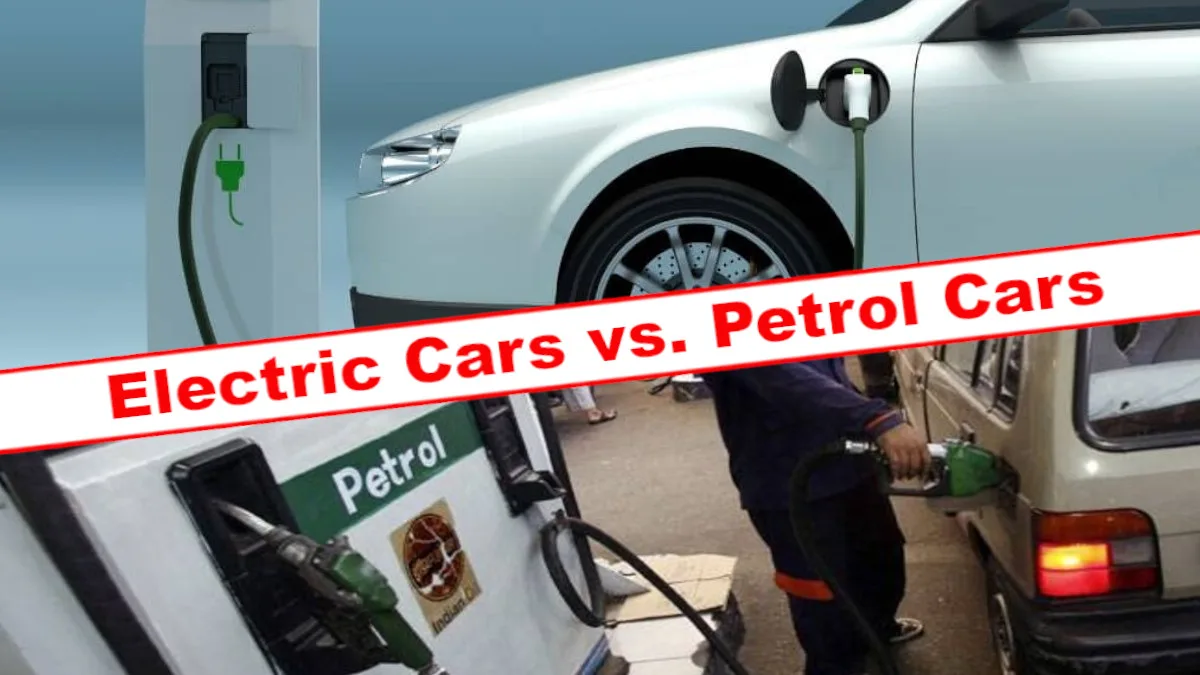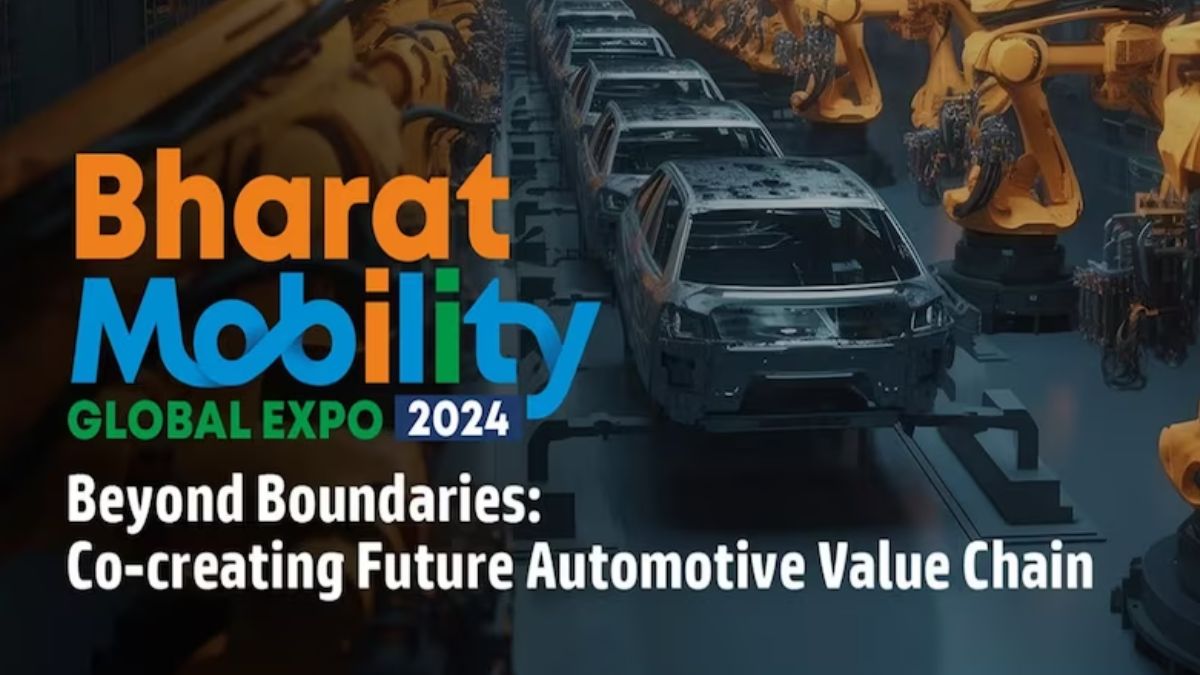The transportation sector is a significant contributor to air pollution and greenhouse gas emissions. To combat this challenge, governments worldwide are promoting electric vehicles (EVs) as a cleaner alternative to traditional petrol cars. A key strategy to drive EV adoption is through subsidies that offset the higher upfront purchase cost compared to petrol cars. But are these subsidies truly better than the familiar petrol option? This article dives into the current landscape (as of April 2024) to help you decide which path is best for your needs.
The Allure of Electric: Environmental Benefits and Lower Running Costs
Electric cars boast undeniable environmental advantages. EVs produce zero tailpipe emissions, contributing to cleaner air and reduced greenhouse gas impact. Additionally, EVs offer significant cost savings in the long run. Electricity is generally cheaper than petrol, and EVs require less maintenance due to their simpler electric motors compared to petrol engines.
Government Incentives: Bridging the Price Gap
Recognizing the environmental benefits and economic potential of EVs, many governments offer subsidies to make them more affordable. These subsidies come in various forms, including purchase incentives, tax breaks, and rebates. For instance, India’s FAME II scheme offers direct discounts on the purchase price of EVs, making them more competitive with petrol cars.
Beyond the Battery: Challenges of Electric Vehicles
Despite their advantages, EVs face challenges. The upfront cost of EVs remains higher than petrol cars due to battery technology. Additionally, charging infrastructure is still developing, with limited access to charging stations, especially in remote areas. Range anxiety, the fear of running out of power before reaching a charging station, is also a concern for some potential EV buyers.
The Familiar Friend: Petrol Cars and Their Advantages
Petrol cars offer a familiar and established technology. They have a wider range of models available at various price points, catering to diverse needs and budgets. Additionally, the extensive network of petrol stations provides convenient refueling options for long journeys.
Subsidies vs. Petrol Cars: A Look at Long-Term Value
While the initial cost of an EV might be higher due to subsidies being phased out, the lower running costs often translate to significant savings over the vehicle’s lifetime. When considering long-term value, including potential resale value and government incentives, EVs become a more attractive proposition.
The Road Ahead: A Sustainable Future with a Mix of Technologies
The ideal transportation landscape likely involves a mix of technologies. Electric vehicles are well-suited for urban commutes and short trips, while petrol cars might still be preferred for long journeys until charging infrastructure becomes more robust. Hybrid cars, combining electric and petrol engines, offer a compromise solution.
Making an Informed Decision
Ultimately, the choice between a subsidized electric car and a petrol car depends on your individual needs and priorities. Consider your driving habits, budget, access to charging infrastructure, and environmental consciousness. By carefully evaluating these factors, you can make an informed decision that aligns with your lifestyle and contributes to a more sustainable future.
Discover more from Wheels Craze - Automotive News, EV News, Car News, Bike News
Subscribe to get the latest posts to your email.





